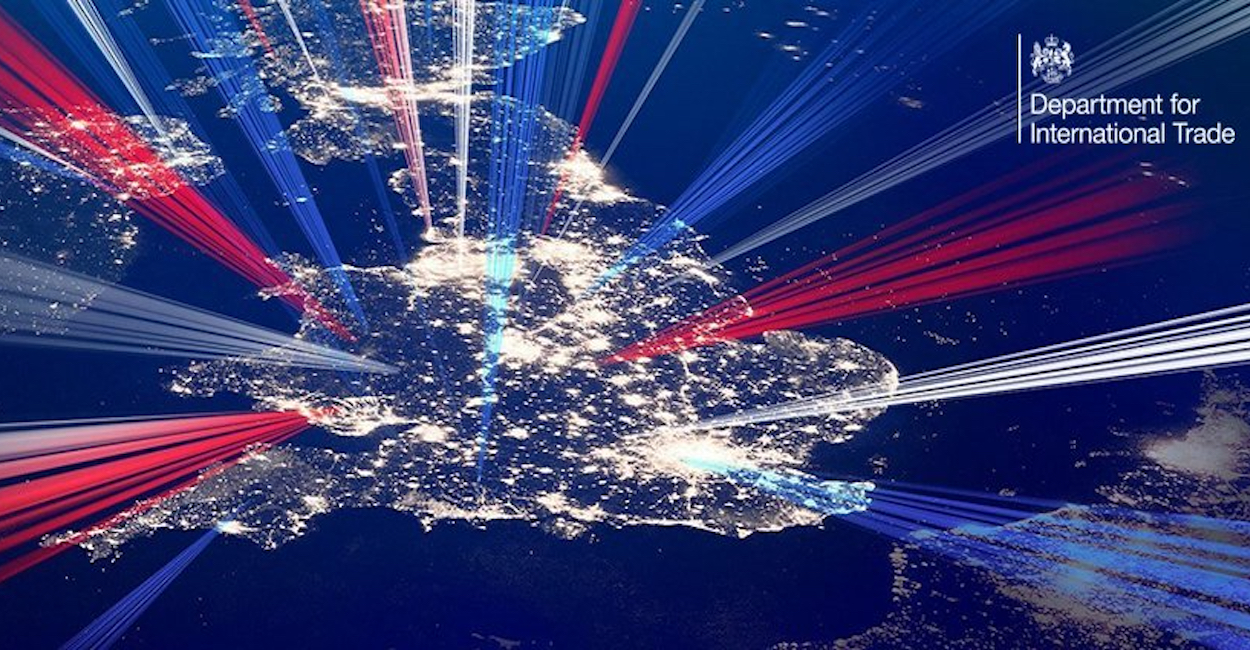BREXIT MEANS BETTER TRADE
Summary:
As a direct consequence of leaving the EU, the UK has been able to independently reduce the volume of barriers to trade (both tariff and non-tariff), meaning that the net result from leaving the EU is a reduction in trade barriers faced by UK businesses.
Explanation:
As a member of the EU, and as an extension of that the EU Customs Union, trade barriers and the lack thereof was essentially a centralised matter for the EU to control and oversee.
By leaving the EU, the control (the “sovereignty”) over such matters was returned to the UK government to oversee, allowing a different approach to be taken as regards trade protectionism.
Every two years, the Tholos Foundation publishes its “Trade Barrier Index” report, which compares countries across the globe against how protectionist their trade policies are, or how “free” their global trade approach is. The report in 2021 looked at a recently departed post-EU UK, and concluded that the UK had taken a less protectionist stance – and the very act of leaving the EU had in of itself reduced trade barriers between the UK and the rest of the world.
To quote the Tholos TBI 2021: “One of the most newsworthy insights of the 2021 TBI is the remarkable progress of the United Kingdom in lowering its own trade barriers after Brexit. Once the UK exited the EU’s common external tariff at the beginning of 2020, it embarked on one of the world’s most ambitious efforts at unilateral trade liberalisation”
Reference: https://atr-tbi19.s3.amazonaws.com/TBI_FullReport_2021_FINAL.pdf
Reference: https://www.gov.uk/guidance/tariffs-on-goods-imported-into-the-uk
Reference: https://tradetalkspodcast.com/podcast/130-so-you-want-to-design-a-tariff-schedule/
Reference: https://tholosfoundation.org/2023/05/2023-international-trade-barrier-index/

